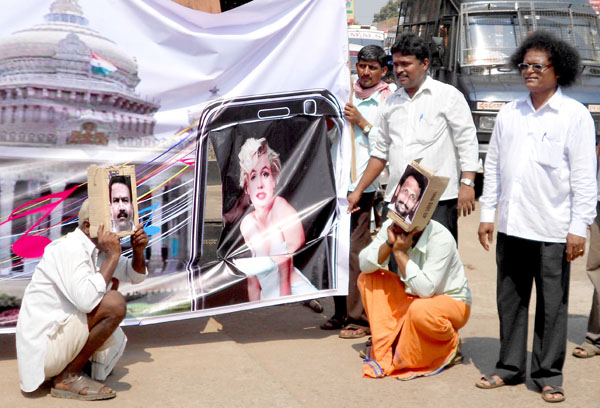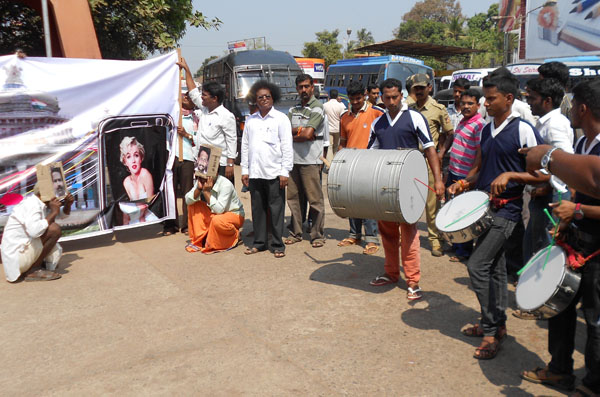Mangaluru, July 24: Karnataka's Dakshina Kannada district reported 8 new Covid-19 deaths in the last two days taking the toll to over 100. The district has recorded 107 Covid-19 deaths till now.
Deputy Commissioner Sindhu B Rupesh on Friday said a 44-year-old man from Mangaluru with the symptoms of respiratory failure, ARDS, AKI MODS hypertension, was admitted to a private hospital on July 19 and died on July 22. His throat swab tested positive for Covid-19 on Friday.
Another 56-year-old man from Mangaluru, who died on July 23, was suffering from urinary tract infection, MODS-septic shock, type II diabetes mellitus, hypothyroidism, systematic hypertension and IHD and had tested positive for Covid-19.
Mangaluru saw two more deaths -- a 75-year-old woman suffering from COPD with type 2 respiratory failure and multi-organ dysfunction syndrome with septic shock and a 65-year-old woman, who was suffering from BP and diabetes and admitted to a private hospital on July 13 and died on July 23.
A 61-year-old woman from Puttur, who was suffering from diabetes mellitus and hypertension and was undergoing treatment at a private hospital, died on July 23.
A 67-year-old man from Bhadravathi in Shivamogga, who was admitted to Wenlock Hospital on July 13 and was suffering from pneumonia and respiratory infection, died on July 23. He too tested positive for Covid-19.
Some of the other deaths were those of -- a 42-year-old man from Bantwal suffering from type 1 respiratory failure, urosepsis and uncontrolled type 2 diabetes and a 67-year-old man from Bhadravathi suffering from acute myocardial infarction, uncontrolled type 2 diabetes and systematic hypertension, Both died at private hospitals on July 23.
180 fresh cases
The Covid-19 graph slightly moved downward with the recording of 180 fresh cases, including four police personnel from Puttur police station. Of the positive cases, 56 are the primary contacts of the infected persons, 68 are suffering from Influenza-Like Illness (ILI) and 10 with the symptoms of Severe Acute Respiratory Infection (SARI).
The contacts of 45 persons who tested positive are being traced. One person with international travel history has also tested positive.
A total of 125 persons recovered and were discharged from hospitals, thus taking the tally of the total discharges to 1987.







Comments
I blog quite often and I truly appreciate
your content. Your article has really peaked my interest.
I will bookmark your website and keep checking for new details about
once per week. I subscribed to your Feed as
well.
my web site :: klg
herbal: http://goo.gl/2eG2cP
It's hard to come by knowledgeable people in this particular topic, however,
you seem like you know what you're talking about! Thanks
Feel free to visit my web site: porno: http://www.guldurenporno.com
Add new comment